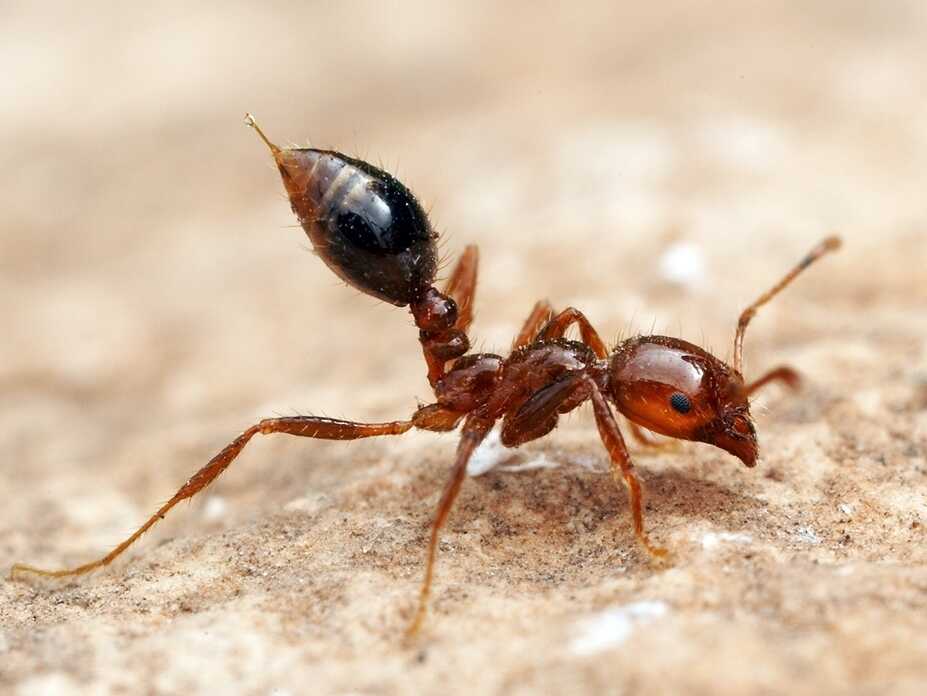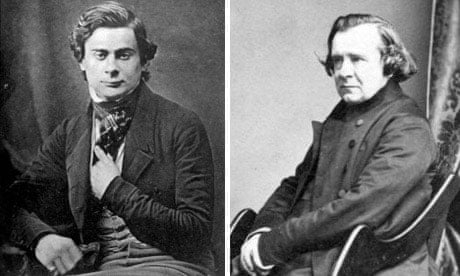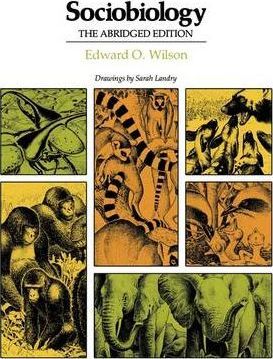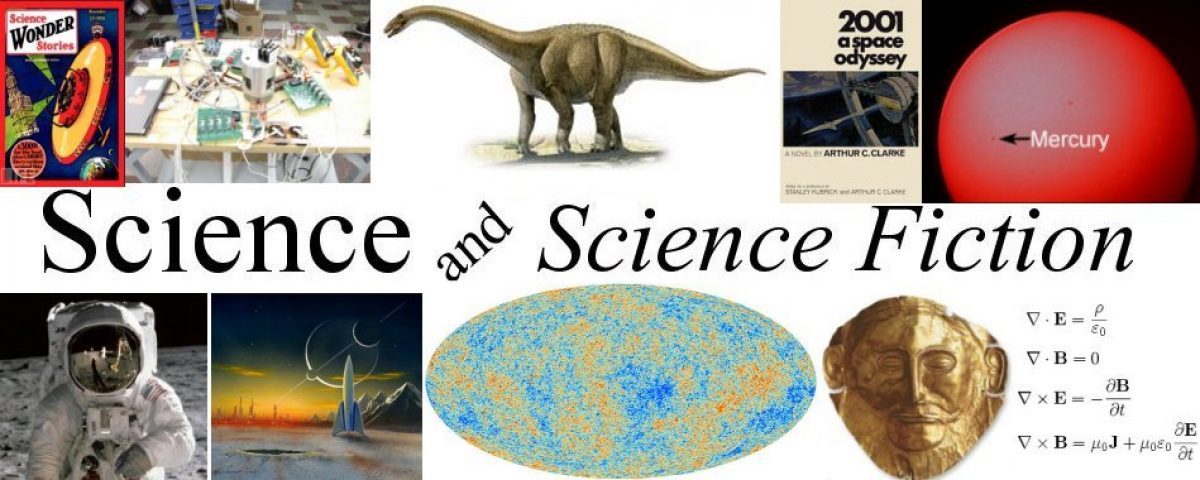Edward O. Wilson, one of the leading thinkers on evolution and the natural world during the 20th and early 21st centuries died on the 26th of December at the age of 92. Throughout his 46 year career at Harvard University’s Museum of Comparative Zoology Wilson used his study of ant behavior and ant society as a foundation for wide ranging theories on the evolution of animal behavior and societies.

E. O. Wilson was born on the 10th of June in 1929 in the city of Birmingham in Alabama. Wilson’s parents divorced when he was just eight years old and because his father moved frequently looking for work Wilson had few friends and spent much of his time outdoors observing the natural world around him. So began the habits of a lifetime of zoological research. A fishing accident at age seven left him partially blind in one eye but his one good eye was all he needed to discover at age 13 the first nest of invasive fire ants, Solenopsis invicta found in the United States near Mobile, Alabama. Wilson’s observational skills were so well regarded that several years later, while still a graduate student at the University of Alabama Wilson was hired by the State Conservation Department to monitor the spread of his fire ants, which were already becoming a serious pest. After receiving his Masters degree from the University of Alabama Wilson was admitted to Harvard University as a doctoral candidate.

As a naturalist Wilson is credited with the discovery that ants communicate by means of chemical scents called pheromones. At the same time he was a pioneer in the field of ecology, coining the term biodiversity. Wilson was also the author of more than two dozen books on popular science, winning two Pulitzer prizes.

One experiment that Wilson carried out has become a bedrock of ecology. Wilson postulated that the number of species living on a island depended solely on the size of the island and would remain constant even though the variety of the species could change with time. In 1968 he and his fellow naturalist Daniel Simberloff made a detailed examination of six small islands, several only a few meters across, in Florida Bay counting all of the insect species on each island. They then exterminated all of the insects by fumigation. Checking back eight months later Wilson and Simberloff found that all of the islands had been repopulated, often with different species, but critically the same number of species of insects as before. This concept has since been applied to many different environments from lakes to mountain peaks to prairies to rivers. The very idea of habitat loss due to human activity leading to species extinction is derived from Wilson’s theory.

Over his long career Wilson was often referred to as the 20th century’s Charles Darwin and like his predecessor Wilson became deeply involved in several controversies. Wilson was a young professor at Harvard when Watson and Crick discovered the shape of the DNA molecule. Buoyed by his success James Watson began pushing for nothing less than the replacement of zoology with biochemistry and genetics as the main thrust of biology. Naturalists like E.O. Wilson were nothing more than stamp collectors Watson declared, the future of biology lay in unlocking the secrets of DNA. Of course zoology hasn’t gone away, and Wilson’s work in ecology and biodiversity are a big part of zoological studies today.

The second controversy that Wilson was a part of dealt with his theories of sociobiology, his ideas about the effect of evolution on the social behavior of animals, including human beings. Many people saw Wilson’s ideas as a justification for racism, sexism and just social violence and hatred in general. Things got so bad that when Wilson was scheduled to speak at the meeting of the American Association for the Advancement of Science in 1978 one of his detractors went so far as to pour a pitcher of water over him. Wilson dried himself off and went on with his planned speech. This argument over nature versus nurture is of course one of the oldest in biology but it’s still surprising how some people forget that studying ‘bad things’, trying to understand how they got inside all of us, doesn’t mean that you approve of or condone them.


Edward O. Wilson was a giant in the field of biology and evolutionary theory, his insights helped bring order and understanding to the complex web of life here on this planet. If we humans do somehow manage to save the Earth from our own greed and ignorance much of the credit will go to work of E. O. Wilson.
